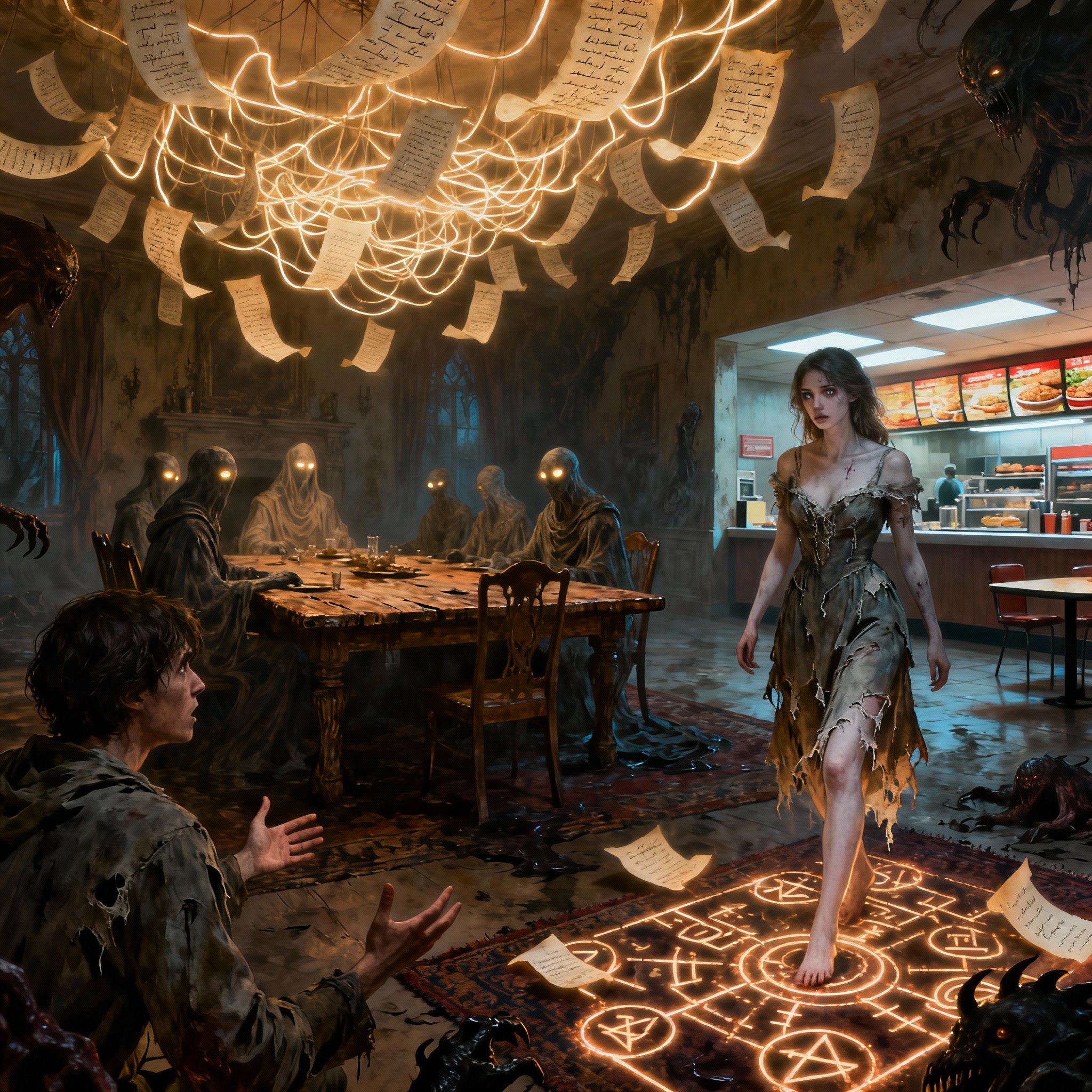Abstract dreams are characterized by their non-linear and unconventional nature. They often lack clear plotlines or tangible imagery, instead focusing on the exploration of vague concepts, emotions, or sensations. These dreams are akin to a fragmented puzzle, with disparate pieces of information or ideas pieced together in an obscure manner.
The content of abstract dreams tends to be highly subjective and open to interpretation, as they highlight the subconscious mind's attempt to grapple with complex thoughts or emotions that may not easily be articulated in reality. These dreams often push the boundaries of conventional logic and challenge the constraints of the waking world.
In abstract dreams, symbolism and metaphor are frequently employed as means of representation. These symbols may invoke a specific emotional response or represent a deeply rooted aspect of one's psyche that requires examination or resolution. The dreamer may encounter surreal landscapes, distorted objects, or unconventional scenarios that may serve as a catalyst for self-reflection and introspection.
Navigating through an abstract dream can feel like traversing an intangible realm where logic is suspended, and emotions take center stage. The dream's meaning may lie in deciphering the underlying emotions or messages embedded in the dream, rather than attempting to find a literal interpretation. Analyzing recurring themes or symbols in abstract dreams can reveal recurring concerns, unresolved conflicts, or hidden desires.
While abstract dreams may appear perplexing and elusive, they present an opportunity for introspection and self-discovery. Exploring the emotions and symbols present in these dreams can provide insight into one's fears, desires, and untapped potential. Embracing the abstract nature of these dreams allows for a deeper understanding of the complexity of the human subconscious.










